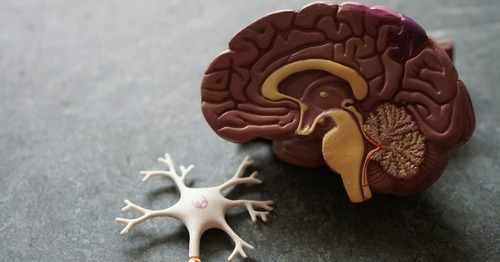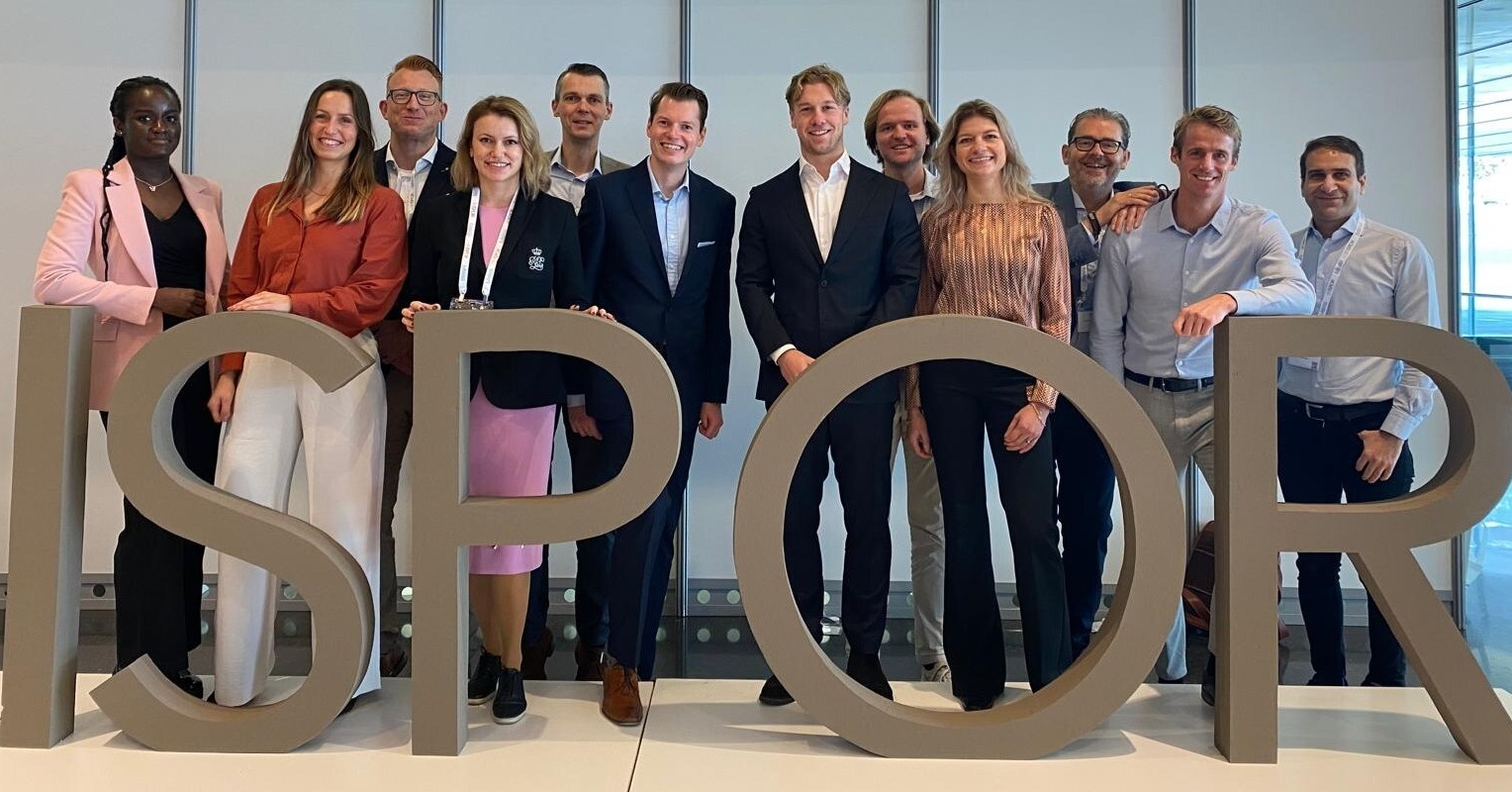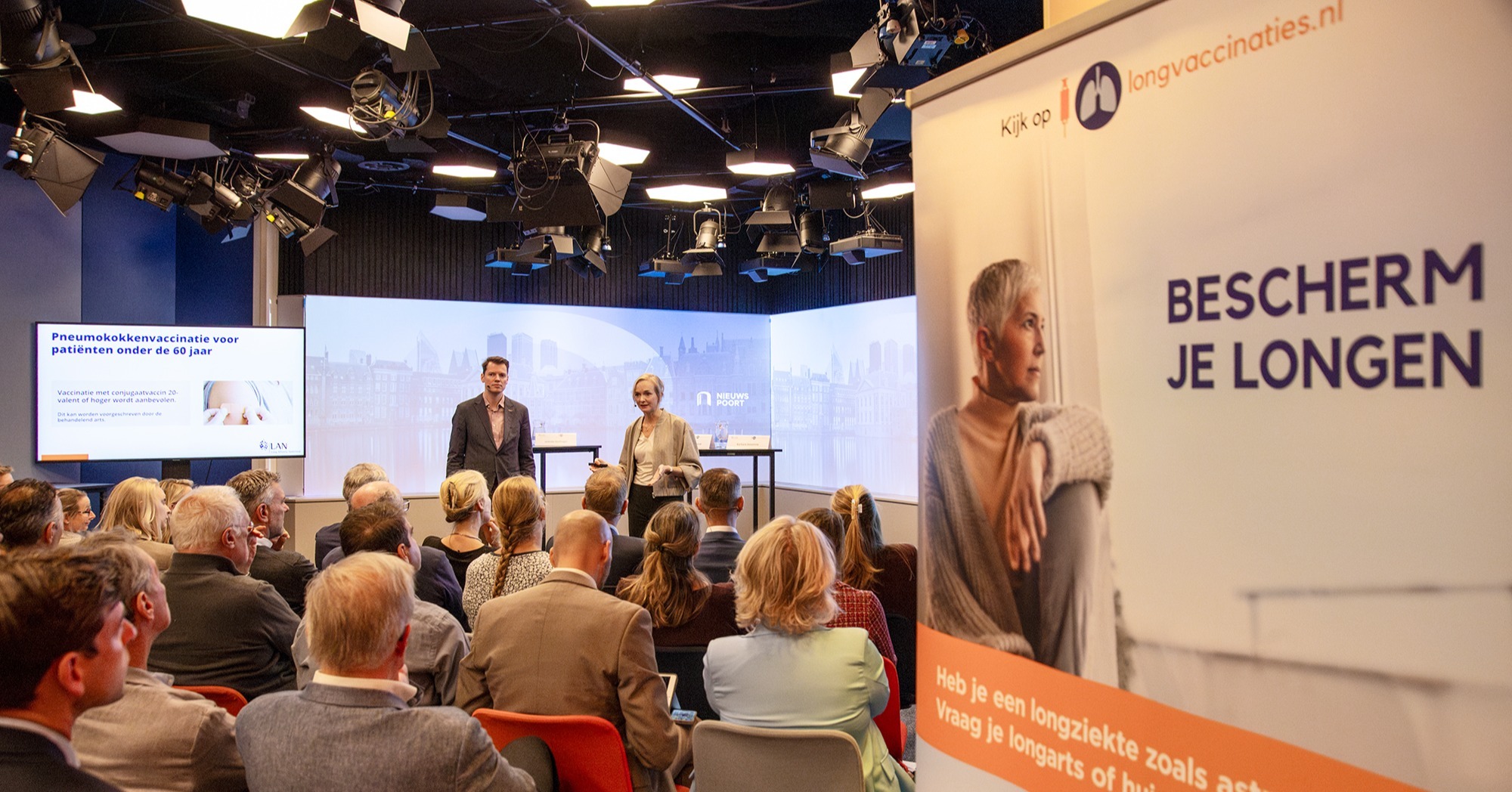Impact on the patient
Alzheimer's disease is a high-burden progressive disease. Patients experience severe cognitive decline and are dependent on formal and informal carers.
2 min read
Simon van der Schans
:
Updated on September 18, 2025

Alzheimer’s disease is a high-burden, progressive disease. It has a substantial impact on patients, family, and friends, but also a broader societal impact. A large part can be attributed to the high care requirements of patients with this disease, in which they often rely on formal and informal care. They become more and more dependent on their carers when the disease progresses to a more advanced stage. In addition to the current care and treatment options, the introduction of amyloid-targeting therapies (ATTs) opens up a new type of treatment option.
Health-Ecore performed a study to analyse the impact of Alzheimer’s disease on the formal and informal care requirements of patients, and the effect of slowing disease progression. Results show that treatment with ATTs can reduce both formal and informal care requirements and extend the time until the maximum care requirements are reached.

Alzheimer's disease is a high-burden progressive disease. Patients experience severe cognitive decline and are dependent on formal and informal carers.
.png?width=100&height=100&name=nursing-home%20(1).png)
The high care requirement of Alzheimer's disease patients requires many formal and informal carers. In the Netherlands, over 800.000 people are informal carers for someone with dementia1.

The care requirement of Alzheimer's disease patients results in substantial healthcare costs. Alzheimer's disease is responsible for 10.6% the Dutch healthcare budget2.

Our model-based analysis applied principles of health economic modelling to assess the impact of slowing disease progression on the formal and informal care capacity for patients with Alzheimer's disease. By reducing the number of patients who reach more severe stages of the disease, overall patient health improves, resulting in a lower demand for care compared to untreated patients. Treatment with ATTs can reduce the maximum need for both formal and informal care by approximately 18%, and delay the point at which maximum care capacity is reached by 1.5 years.
Although patients will eventually progress to more severe stages of Alzheimer's disease, they will remain in better health for a longer period. The availability of ATTs not only benefits patients by improving their health outcomes, but also reduces the significant emotional and physical burden experienced by formal and informal caregivers.
These findings highlight the importance of continued investment in Alzheimer’s care in the Netherlands, to support patients, families, and caregivers, and to ensure the sustainability of the healthcare systems.
The expected increase in demand for formal care, both for Alzheimer’s and other conditions, calls for structural changes to the future healthcare system to ensure it remains sustainable and accessible. Interventions that slow disease progression can play a crucial role in strengthening care capacity.

9–12 November 2025 | Health-Ecore at ISPOR Europe 2025, Glasgow

Health-Ecore and the Pharma & Health Policy Hub have entered into a strategic partnership to advance research, provide expert advisory services, and...

On World Lung Day, the Long Alliantie Nederland introduced the first national vaccination guideline for adults with chronic lung disease. Developed...

Helsinki, November 4, 2025 — Health-Ecore and MedEngine are joining forces in a new collaboration to enhance market access and real-world evidence...